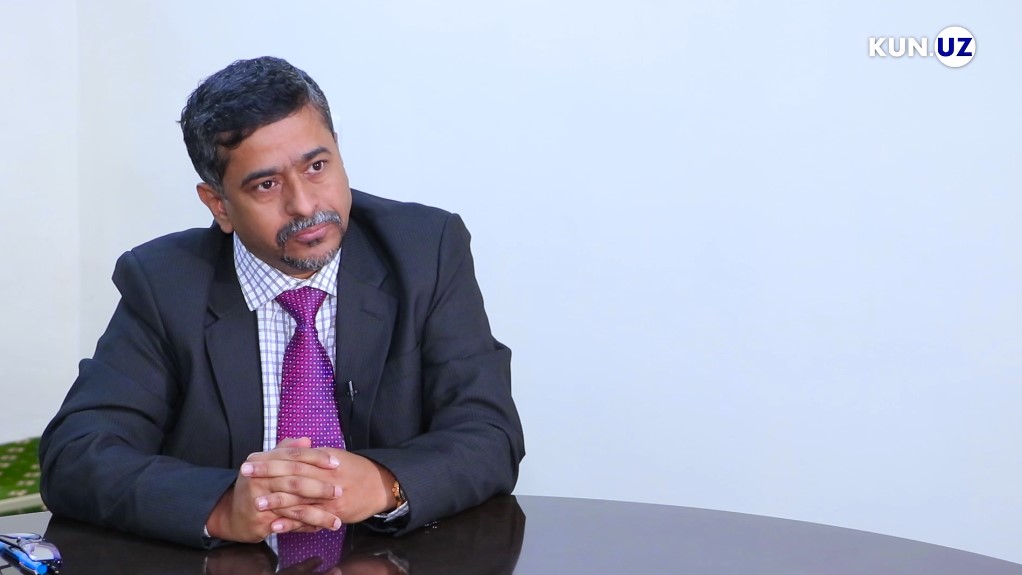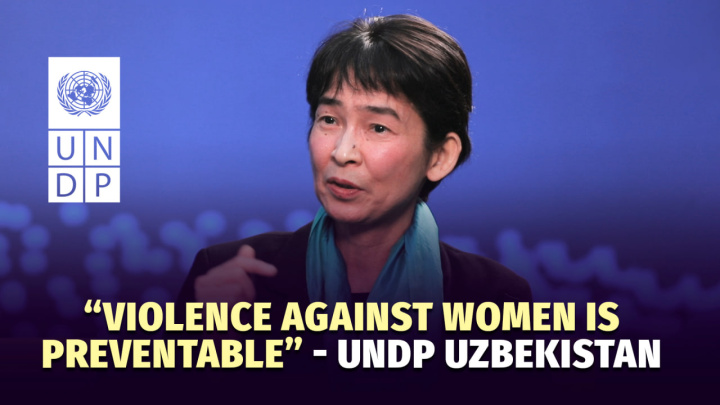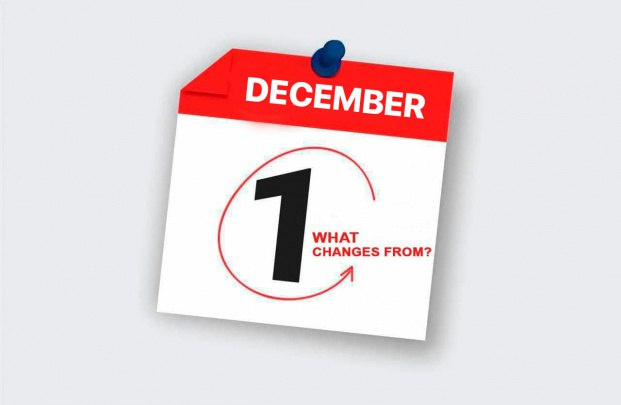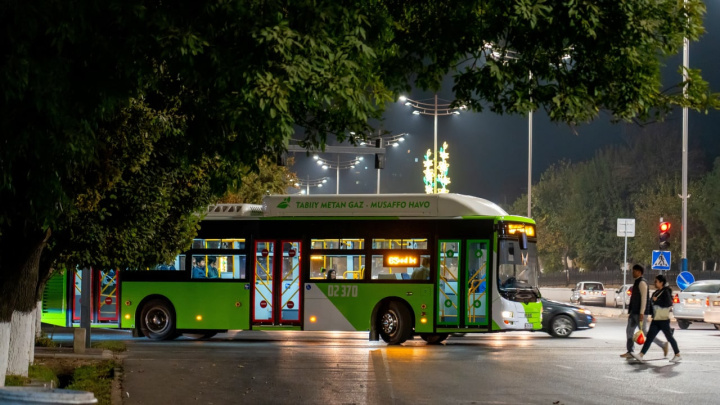Bangladesh is one of the world’s leading exporters of textile and apparel products. According to the Bangladeshi Export Support Bureau, the country’s textile exports in the fiscal year 2017-2018 grew by 5,81 percent compared to a year before ($34,65 billion) and amounted to $36,67 billion. One of the factors of export growth is the increase in the supply of clothing and apparel.
Kun.uz correspondent interviewed a Bangladeshi specialist and expert in the field of clothing exports Mekhdi Makhbub about the issues of economy, textile industry, entrepreneurship and marketing.
Watch on "Mover.uz"
Watch on "Youtube.com"
“Luckily, there is no monopoly in Bangladesh. In the clothing industry, there is no way for it. Our economy is based on free market relations.
There are large private companies in our country and they are becoming popular with their qualitative services. It did not happen spontaneously. They have been engaged in entrepreneurship for many years. In some cases, government and responsible authorities have provided little support for them, but it can be encountered in other parts of the world as well.
In economically developing countries, for example, in the Republic of Korea, the chaebols (large industrial conglomerates) control the economy of the country, and in Russia, large oligarchs and mafia groups control the economy. Bangladesh is free from monopolies of such kind,” Mekhdi Makhbub said.
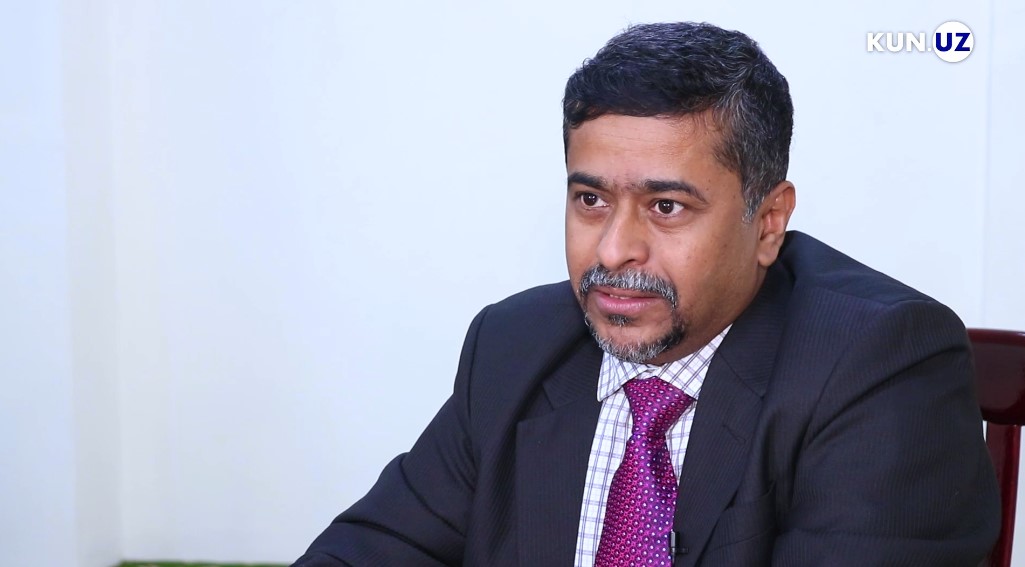
For information, Mekhdi Makhbub is a president of the Bangladesh RMG Center and Bangladeshi Business Center that is engaged in providing specialist advices for leading textile and clothing industrial enterprises. At the same time, he is an executive director of the company Best Sourcing Services in Bangladesh.
It should be recalled that in 2018, a number of natural monopoly subjects included in the State Register of Natural Monopolies in Uzbekistan amounted to 140 in 10 types of goods.

